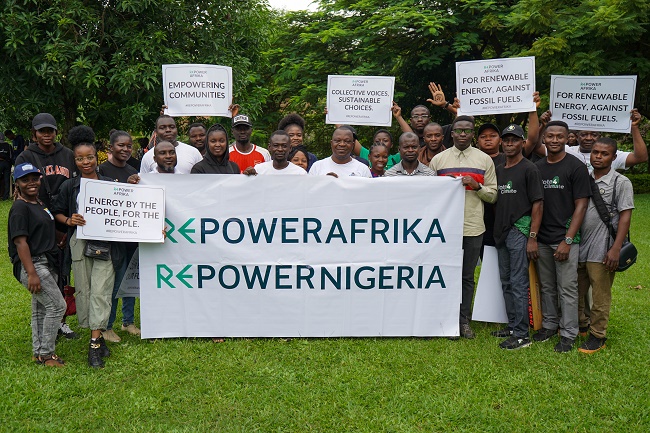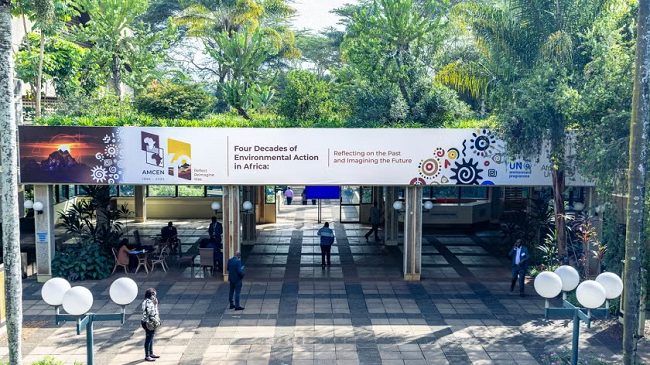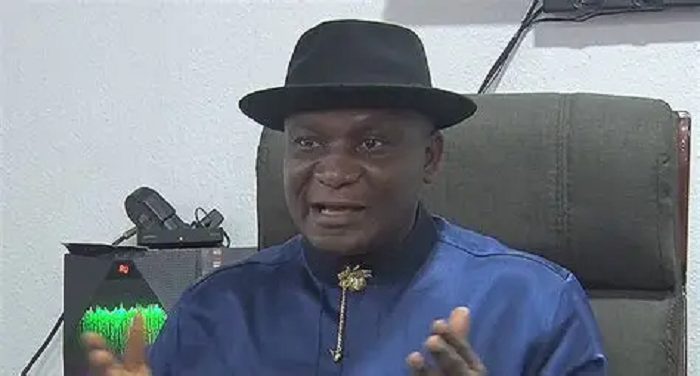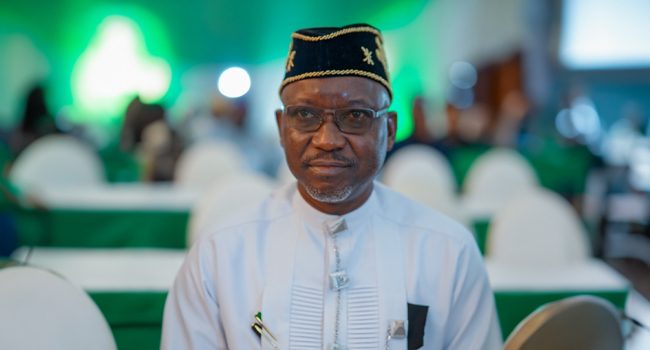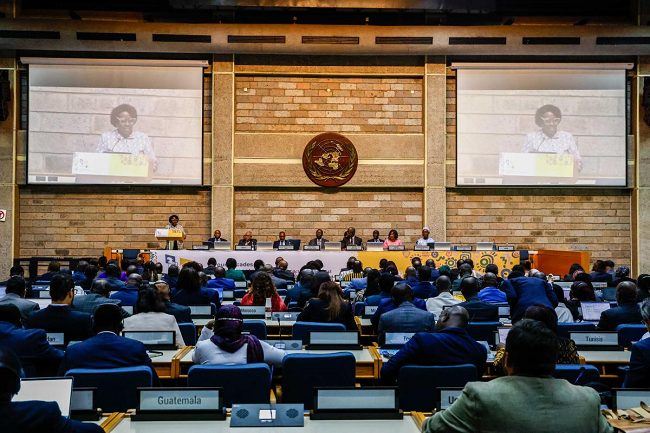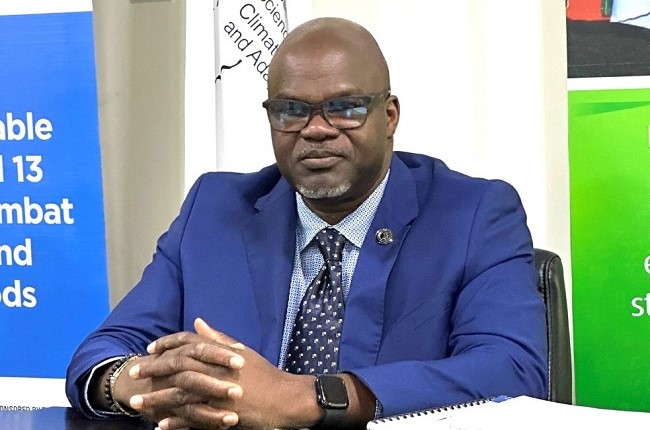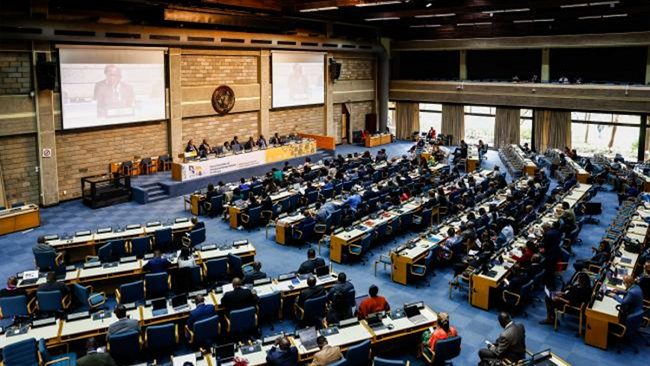The World Liquid Gas Association (WLGA) has called for African countries to accelerate the rollout of clean cooking solutions such as liquefied petroleum gas (LPG), at the annual Central Africa LPG Expo where hundreds of industry representatives have gathered.

The event was held under the patronage of Chief Dr Joseph Dion Ngute, Prime Minister and Heard of Government for Cameroon, who was represented by Gaston Eloundou Essomba, Minister of Water Resources and Energy.
During the Cooking For Life Africa Workshop, the WLGA led a discussion on ways to increase access to LPG in Cameroon and central African markets. Participants agreed that key infrastructure, enforcement of existing regulations, and education of end users on safe use of LPG are critical to market growth. The event also saw the launch of Women in LPG (WINLPG) Global Network’s Cameroon National Chapter under the patronage of Her Excellency Professor Abena Ondoa, Minister for the Promotion of Women and the Family. WINLPG Cameroon becomes the fifteenth WINLPG national chapter.
With roughly four in five people in Africa and 90% of schools relying on firewood or charcoal for cooking, the IEA estimates that $4 billion of investment will be needed in Liquid Gases, such as LPG, in sub-Saharan Africa by 2030, to move communities and institutions away from harmful cooking methods.
Lacking access to clean cooking leads to devastating consequences including higher rates of respiratory illnesses, contributions to deforestation and environmental damage, and the enforcement of economic and social barriers. In January 2025, 12 African countries signaled their intent to accelerate the pace of clean cooking solutions on the world’s fastest-growing continent, in line with the United Nations’ Sustainable Development Goal 7. This follows the African Development Bank’s pledge in August 2024, to invest $200 million in boosting access to clean cooking by 2030.
The IEA estimates that, to meet the 2030 target, $4 billion of investment will be needed in sub-Saharan Africa. This not only provides cooking facilities that are cleaner, safer and more efficient, but can also boost new energy infrastructure investment on the continent, creating jobs, increasing productivity and bringing economic empowerment with it.
Of particular importance is converting African schools to use LPG for cooking as 90% of African schools currently rely on firewood and charcoal for cooking meals. In Kenya alone, 1.3 million metric tonnes of wood are being consumed each year by schools. A study by the CLEAN-Air (Africa) programme showed that in Kenyan schools, the WHO recommended limits for PM2.5, carbon monoxide and other dangerous chemicals, were exceeded in all areas, with average kitchen levels up to five times the maximum limits. The Equity Group Foundation’s “Clean Cooking Project”, in collaboration with the Kenyan Government, is tasked with converting all schools to LPG and provides loan facilities with repayment over a five-year time frame.
The IEA estimates that Africa’s LPG demand will grow 4.7% annually to 2028, driven by the shift from biomass to cleaner fuels, which will reduce deforestation, cut carbon emissions, and improve public health.
In the Global South, LPG offers a clean and cost-effective energy solution to communities deprived of access to grid electricity. This transformative fuel humanises access to energy, creating substantial benefits for over a billion people, primarily women and girls, who reside in areas where reliance on unsustainable biomass and other hazardous fuels for cooking persists. This not only contributes to mitigating climate change but also enhances overall quality of life.
Households without clean cooking spend an average of five hours per day collecting fuel and cooking, leading to lost time and productivity. A lack of clean cooking prevents many women and girls from accessing education, earning a wage or starting a business that would deliver financial autonomy and boost local economies.
James Rockall, Managing Director and CEO, World Liquid Gas Association, said: “LPG is a portable, clean and efficient energy source which can provide a localised energy solution for schools and communities. We live in an increasingly unstable world caused by trade uncertainty and natural and humanitarian disasters – LPG offers a dependable and accessible fuel for communities across the Global South.”
Gaston Eloundou Essomba, Cameroon Minister of Water Resources and Energy, said: “LPG plays a vital role in Cameroon’s energy landscape, supporting economic growth, environmental sustainability and public health improvement. Over the years, our LPG market has witnessed remarkable progress, driven by an ambitious government policy, increasing national and foreign investment, and growing consumer demand.”

